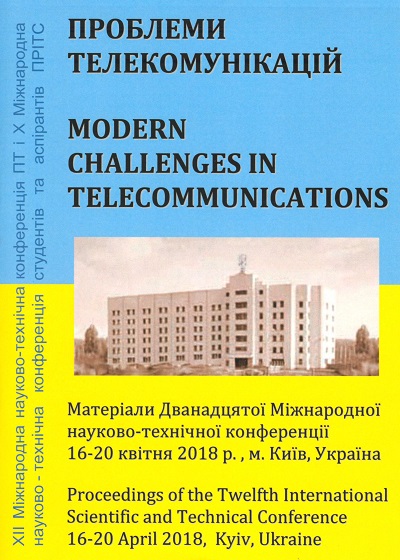CРАВНИТЕЛЬНЫЙ АНАЛИЗ ПРОИЗВОДИТЕЛЬНОСТИ НЕРЕЛЯЦИОННЫХ И РЕЛЯЦИОННЫХ СИСТЕМ УПРАВЛЕНИЯ БАЗАМИ ДАННЫХ
Анотація
A benchmark comparison of NoSQL and SQL DBMS
The paper is devoted to comparing the performance of the most popular database management systems (DBMS) of nonrelational and relational data models. The big trend of Big Data has had a great impact on the development and spread of NoSQL databases. It is assumed that they are significantly ahead of traditional relational databases for performing data access operations. However, is it so? The purpose of this work is to perform benchmarks for measuring the time for create, read, update and delete (CRUD) operations for different volumes of data. As the results presents, just a few instances of NoSQL: MongoDB, Redis and Couchbase, really work faster than the traditional classical RDBMS MSSQL Server. CouchDB and RavenDB lost to the MSSQL Server in all tests. Cassandra and Hypertable were controversial in this comparison - they turned out to be slower than RDBMS with the exception of operations for writing large portions of data.
Посилання
Yishan Li, Sathiamoorthy Manoharan, “Communications, Computers and Signal Processing”, August 2013.
Haleemunnisa Fatima, Kumud Wasnik, “International Journal of Advances in Electronics and Computer Science”, March 2016.
Abdullah Talha Kabakus, “Journal of King Saud University – Computer and Information Sciences”, 2 July 2016.
##submission.downloads##
Як цитувати
Номер
Розділ
Ліцензія
Авторське право (c) 2018 Юрий Андреевич Добров, Рина Леонидовна Новогрудская

Ця робота ліцензується відповідно до Creative Commons Attribution 4.0 International License.
Authors who submit to this conference agree to the following terms:a) Authors retain copyright over their work, while allowing the conference to place this unpublished work under a Creative Commons Attribution License, which allows others to freely access, use, and share the work, with an acknowledgement of the work's authorship and its initial presentation at this conference.
b) Authors are able to waive the terms of the CC license and enter into separate, additional contractual arrangements for the non-exclusive distribution and subsequent publication of this work (e.g., publish a revised version in a journal, post it to an institutional repository or publish it in a book), with an acknowledgement of its initial presentation at this conference.
c) In addition, authors are encouraged to post and share their work online (e.g., in institutional repositories or on their website) at any point before and after the conference.

